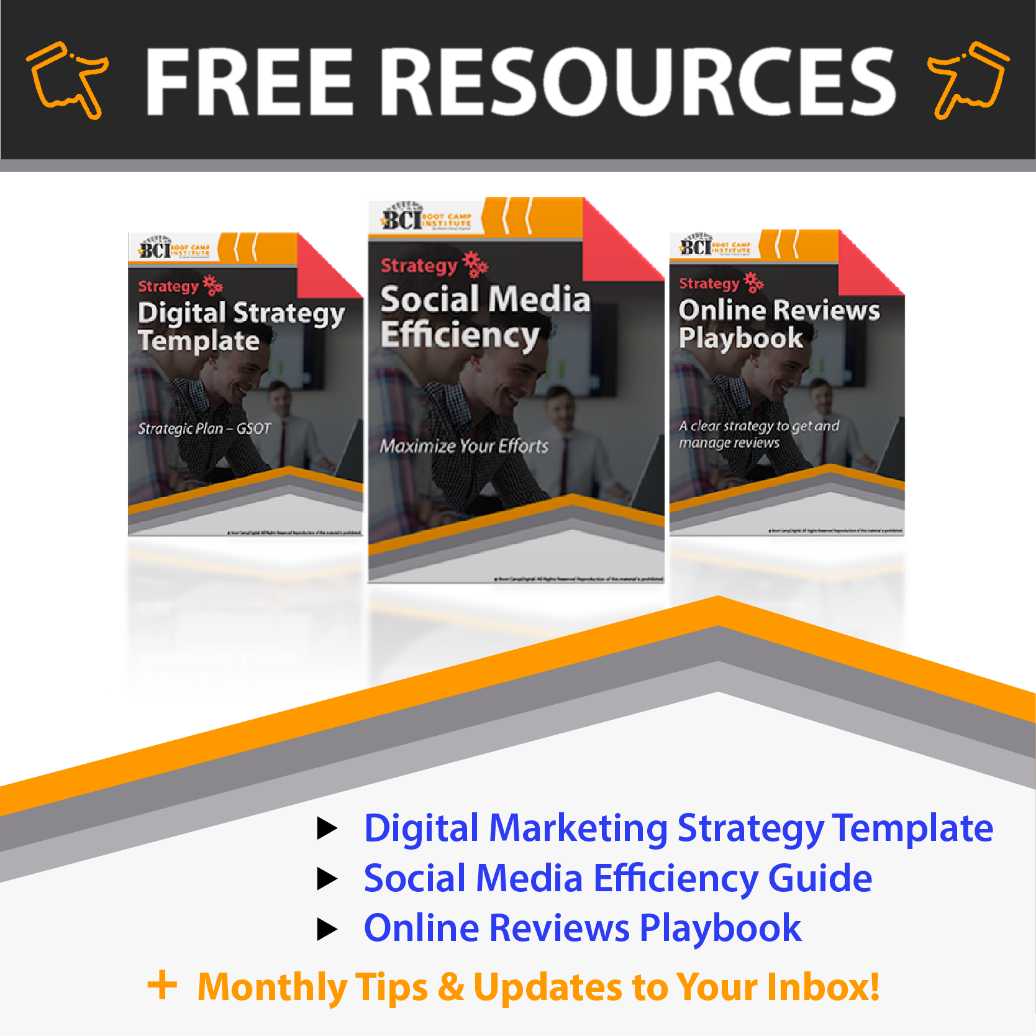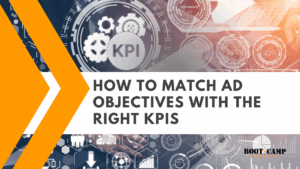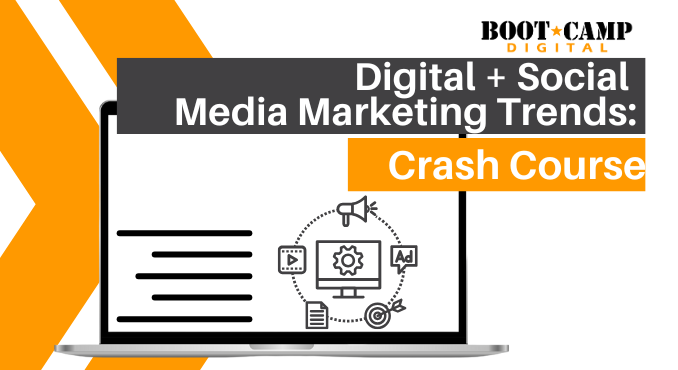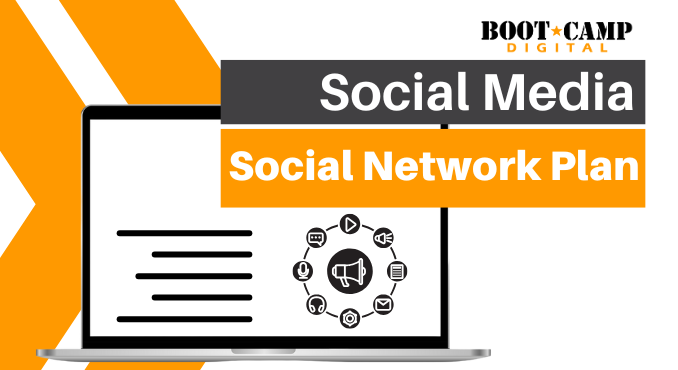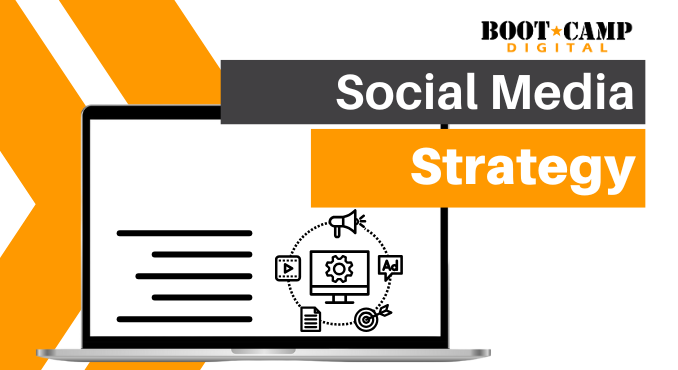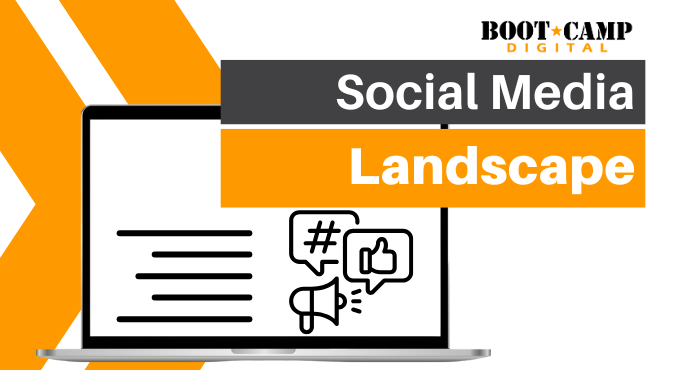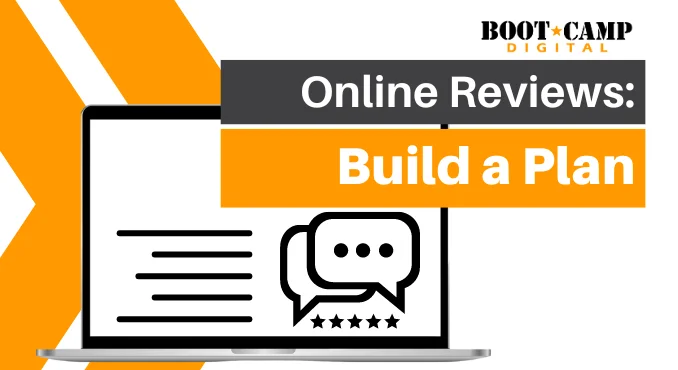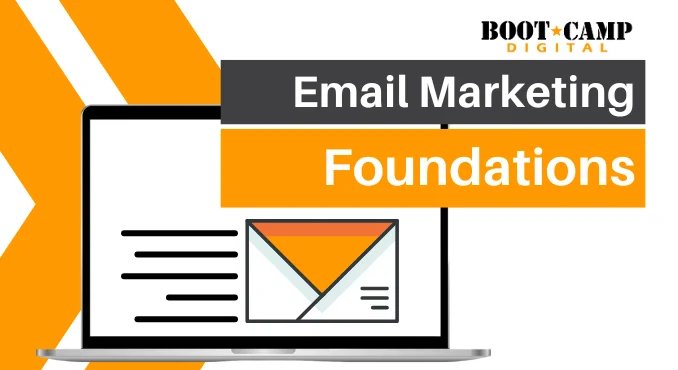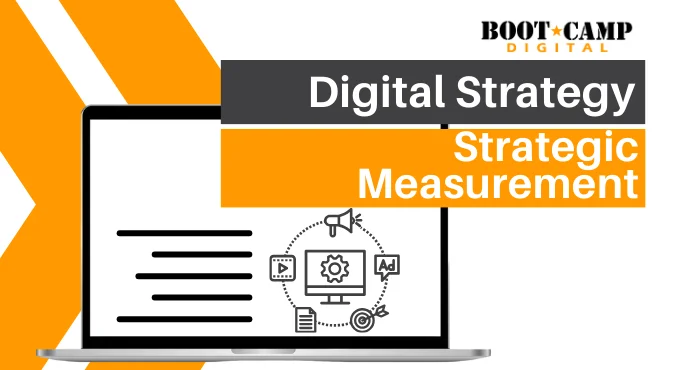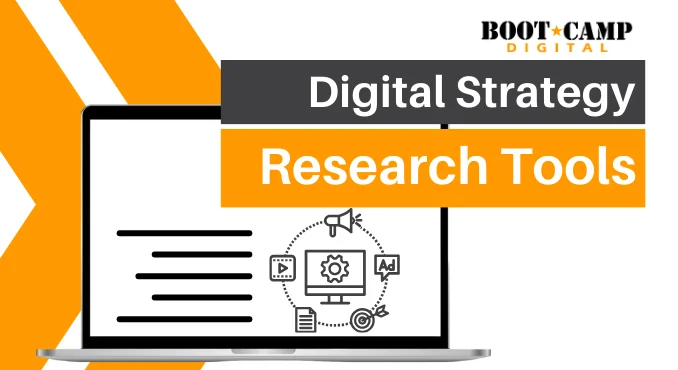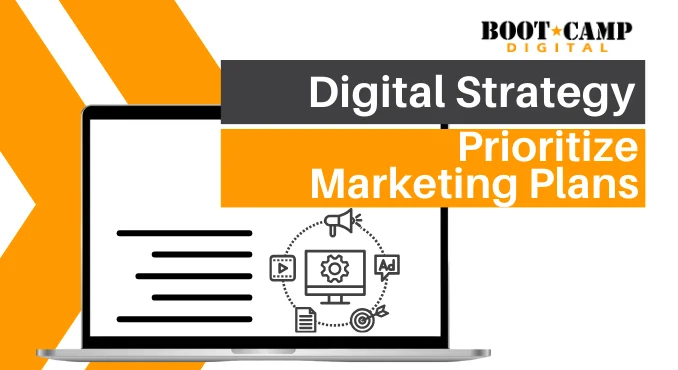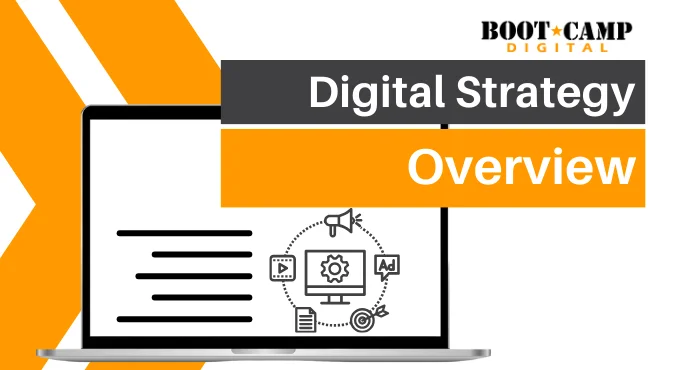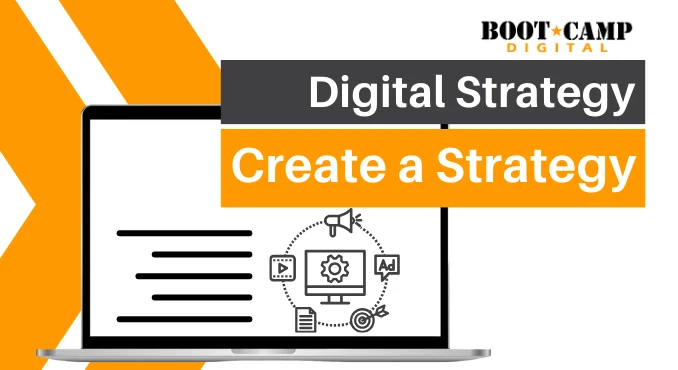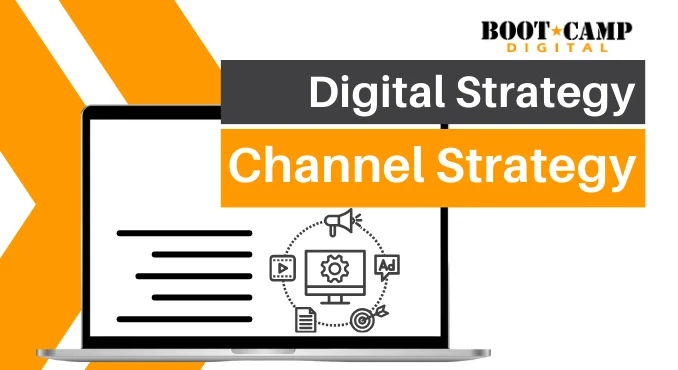Having a clear digital strategy is so important because we know that in every industry and category sales is a process. Even seemingly impulse purchases like a pack of gum at a checkout aisle are influenced far in advance of the purchase with ads that build awareness and desire.
The marketing funnel is a foundational concept that highlights the process that leads someone to buy from you. Not all purchases drive down the funnel in a linear way, but the funnel is generally true for most purchases.
Some purchases spend more or less time in each stage. For example, you may spend a lot of time evaluating a car, but almost no time considering a cup of coffee. Regardless, almost all purchases happen as a result of the funnel. Even on ecommerce sites where people can buy immediately, most people visit the site 5 – 6 times before they ultimately buy.
Example:
Imagine – it is a Friday night and you are choosing a restaurant. If you aren’t aware of a restaurant it certainly can’t be on your list. Once you know of it you need some level of interest – maybe you’ve driven by or seen your friends posting about it. Next is desire – perhaps you look up the menu online and they have some dishes that sound great. So you take action – you make the reservation and if you have a great experience you become a loyal customer and maybe even leave a review online.
Different businesses focus on different areas of the marketing funnel based on their business strategy. For example, a new restaurant may focus on awareness but an established one might focus on desire. An established consumer goods company may focus on equity around freshness (desire) but a new one may aim to build awareness or drive trial with a coupon.
Remember:
The idea is that if you focus your efforts on buying or the primary sale/conversion you will miss out on what you actually need to do to get someone to buy. If they haven’t heard of you before, they probably won’t trust your brand.
According to the principles of the marketing funnel, your marketing efforts should focus on one or more stages of the funnel to ultimately drive a purchase.
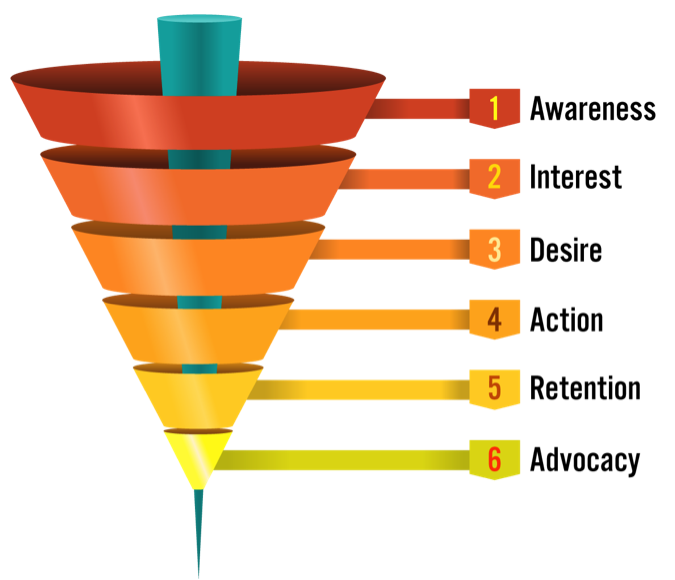
A number of years ago Google released a study called ZMOT which stands for Zero Moment of Truth. The goal of the study was to show that before making a decision, consumers conducted research online to make their decision.
The study showed that in almost all business categories consumers were influenced by 5 – 18 zero moment of truth touchpoints that influenced their purchase decision. For example automotive shoppers sought out 18 sources of information before making a decision, for Credit Cards 9, Technology 15, Travel 10, Grocery Purchases 7, Personal Healthcare 7, and Banking 11.
The basic reality is that before taking action consumers are influenced by many aspects of your marketing – whether it is through advertising or research they conduct. As marketers we need to focus our efforts on the stages of the funnel that are most likely to grow our business in the short and long run.
To learn more, check out our Digital Marketing Strategy Master Class.




